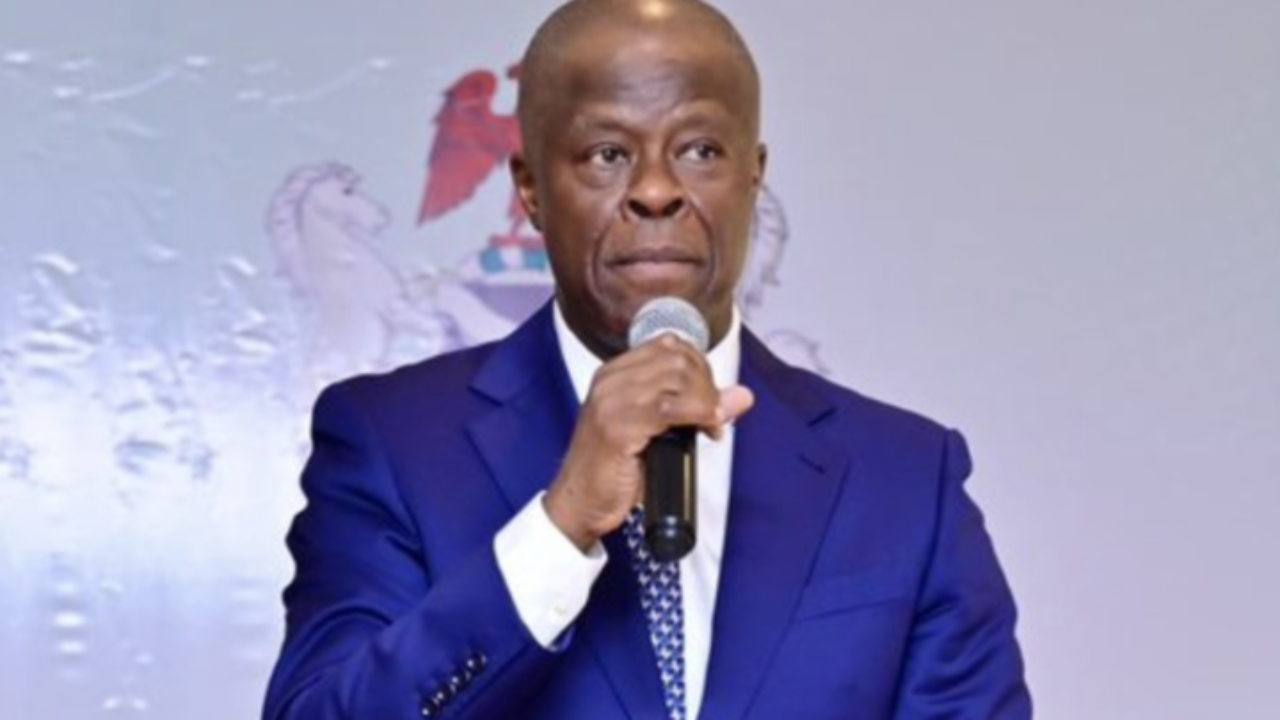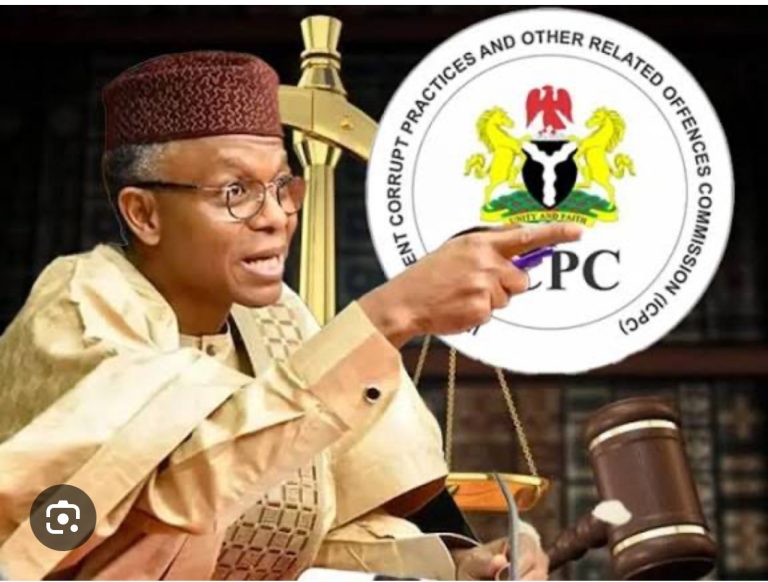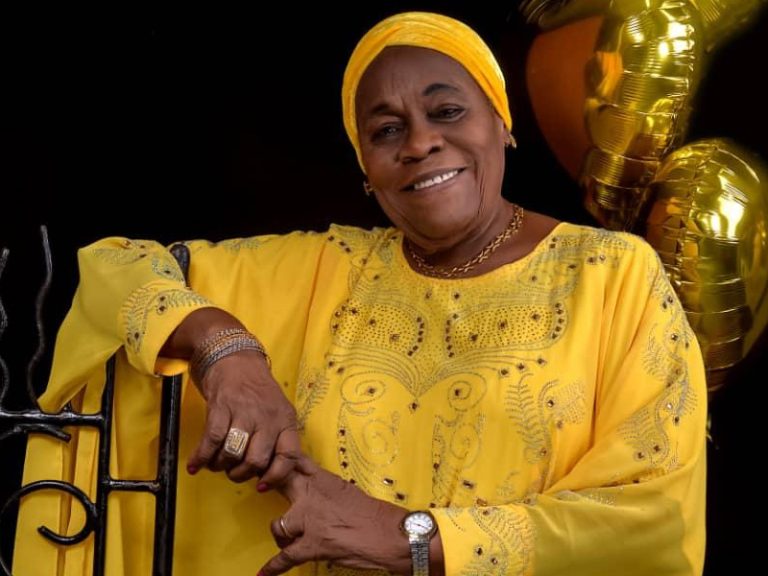
Nigeria is gearing up to assume a prominent role on the global economic stage as it prepares to take over the Chairmanship of the Group of 24 (G-24) in the 2025/2026 cycle. In anticipation of this leadership role, the Minister of Finance and Coordinating Minister of the Economy, Wale Edun, held a high-level meeting on Monday with Iyabo Masha, Director of the G-24, to discuss the country’s preparations.
The talks, held in Abuja, focused on Nigeria’s strategic vision for its tenure and its readiness to host the G-24 Technical Group Meeting scheduled for early 2026 in the nation’s capital.
During the meeting, Minister Edun reaffirmed Nigeria’s dedication to driving inclusive and sustainable growth, not just within its borders but across the Global South. He emphasized that Nigeria’s chairmanship would serve as a platform to promote African priorities and give the continent a stronger voice in shaping global economic policy.
Among the key priorities Edun outlined were:
- Fast-tracking the African Continental Free Trade Area (AfCFTA)
- Strengthening intra-African trade and regional value chains
- Attracting long-term capital through green financing and public-private partnerships
- Driving industrial growth via renewable energy and sustainable infrastructure
“Nigeria will use its chairmanship to champion the interests of Africa and push for a more inclusive global economy,” Edun said. “We aim to align with broader development goals while advancing regional integration and industrial transformation.”
G-24 Director Applauds Nigeria’s Readiness
Masha, who leads the G-24 a coalition of developing countries that works to coordinate their positions on international monetary and development issues—welcomed Nigeria’s proactive approach, commending the country’s commitment and financial preparedness for the leadership role.
She also emphasized the importance of aligning Nigeria’s agenda with ongoing global reform efforts, especially in areas like:
- International tax cooperation
- Climate finance
- Global trade policies
- Industrialisation pathways for emerging economies
“Nigeria is stepping up at a critical moment,” Masha said. “Its leadership can help shape policies that reflect the realities and aspirations of the Global South.”
The Group of 24, established in 1971, serves as a platform for developing countries to coordinate their positions on international economic and financial issues, particularly within the International Monetary Fund (IMF) and the World Bank. The G-24 plays a key role in amplifying the voices of emerging economies in global decision-making.
With Nigeria set to take the helm of the G-24, expectations are high that the country will leverage its position to influence global economic dialogue, particularly in ways that benefit Africa and other developing regions.
The upcoming Technical Group Meeting in Abuja will mark a major milestone in Nigeria’s journey toward chairmanship and provide a forum for deeper engagement with member countries and global partners.



